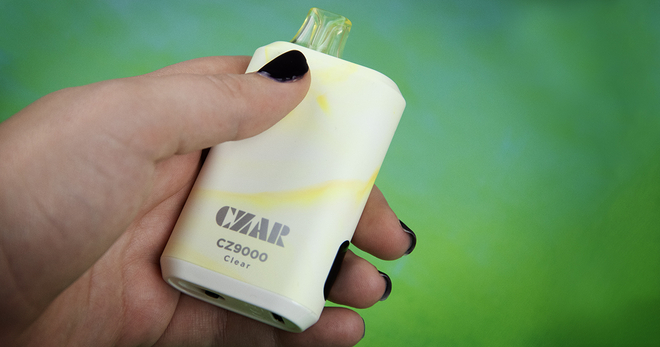One-third of parents had no awareness of JUUL at start of youth e-cigarette epidemic
More than one-third — 35.9% — of parents of middle and high school students had no awareness of JUUL as the vaping epidemic was intensifying, according to a new Truth Initiative® study.
The study, published in the American Journal of Preventive Medicine, surveyed 2,885 parents of high school and middle school students from October to November 2018, about one month following the acknowledgement of a youth e-cigarette use epidemic by the Food and Drug Administration after e-cigarette use grew 78% among high schoolers and 48% among middle schoolers from 2017 to 2018. Recent data show that 27.5% of high school students now vape, a 32% increase from the past year.
Researchers measured awareness and knowledge of JUUL, the popular e-cigarette driving the epidemic that is easily disguised as a USB flash drive, and the harms associated with nicotine use.
1 in 3 parents did not recognize a picture of JUUL
How to tell if your child is JUULing
Overall, researchers concluded that almost two-thirds of all parents — 64.1% — had any awareness of JUUL, meaning either they reported seeing or hearing of JUUL or could identify a picture of JUUL as an e-cigarette.
Fewer than half — 44.2% — of parents could identify a picture of JUUL as a type of e-cigarette. More than one-third — 35.1% — couldn’t recognize the device at all.
Parents also indicated that they had not received information about the e-cigarette from their child’s schools, where use has grown common because it is so easily disguised. Almost three-quarters (73.5%) of parents reported that they had received no communication from their child’s school regarding e-cigarettes or JUUL. A separate Truth Initiative study found that fewer than half of teachers and administrators could accurately identify a picture of JUUL and that the device presents challenges to enforcing school e-cigarette policies.
Fewer than half of parents knew that JUUL pods always contain nicotine
Does JUUL always contain nicotine
JUUL always contains nicotine, as designed, and its nicotine content is one of the highest among e-cigarettes on the market. In fact, one standard JUUL pod is roughly equal to the amount of nicotine in a pack of cigarettes.
Yet, among parents who had any JUUL awareness, only 48.6% knew that JUUL pods always contain nicotine, and 22.4% were unsure. But most parents did agree that nicotine exposure during adolescence leads to addiction (91.8%) and harms brain development (87.6%).
Nicotine is unquestionably harmful to developing brains: early nicotine addiction can alter nerve cell functioning, increase the risk of young people smoking cigarettes and change brain chemistry in ways that make adolescent brains more susceptible to other addictive drugs. JUUL also comes in sweet and fruity flavors — and flavored tobacco products have been proven to attract young people.
Despite these characteristics, only 32.9% of parents said they were very concerned about their child using JUUL or another e-cigarette, which could mean parents are underestimating their children’s risk behaviors — a finding consistent with previous studies, researchers note.
“Parents play an important role in influencing and monitoring adolescent behavior, particularly tobacco use,” researchers said. “Increasing parental awareness of e-cigarettes like JUUL will be critical to stemming the increasing rate of youth e-cigarette use. If current trends continue, there may be a new generation addicted to nicotine, setting tobacco control efforts back several years.”
As use of flavored e-cigarettes like JUUL and its many copycats has skyrocketed, products on the market today are sold in a relatively unregulated environment and have not undergone an FDA review of their public health impact.
The push to increase regulation is intensifying as the U.S. Department of Health and Human Services announced the administration’s intention to remove flavored e-cigarettes from the market and Bloomberg Philanthropies rolled out a $160 million initiative with the Campaign for Tobacco-Free Kids focused on banning e-cigarette flavors.
While JUUL says they are trying to reach adult smokers who want to switch from combustible tobacco, the company’s youth-oriented marketing tells a different story. Additionally, research from Truth Initiative shows that few adult smokers are using the product and even fewer are using it as a way to quit smoking. Of the 15% of adult tobacco users who have tried JUUL, only about one-third used the product as a way to quit, according to the study published in Tobacco Control.
More in emerging tobacco products
Want support quitting? Join EX Program
By clicking JOIN, you agree to the Terms, Text Message Terms and Privacy Policy.
Msg&Data rates may apply; msgs are automated.


